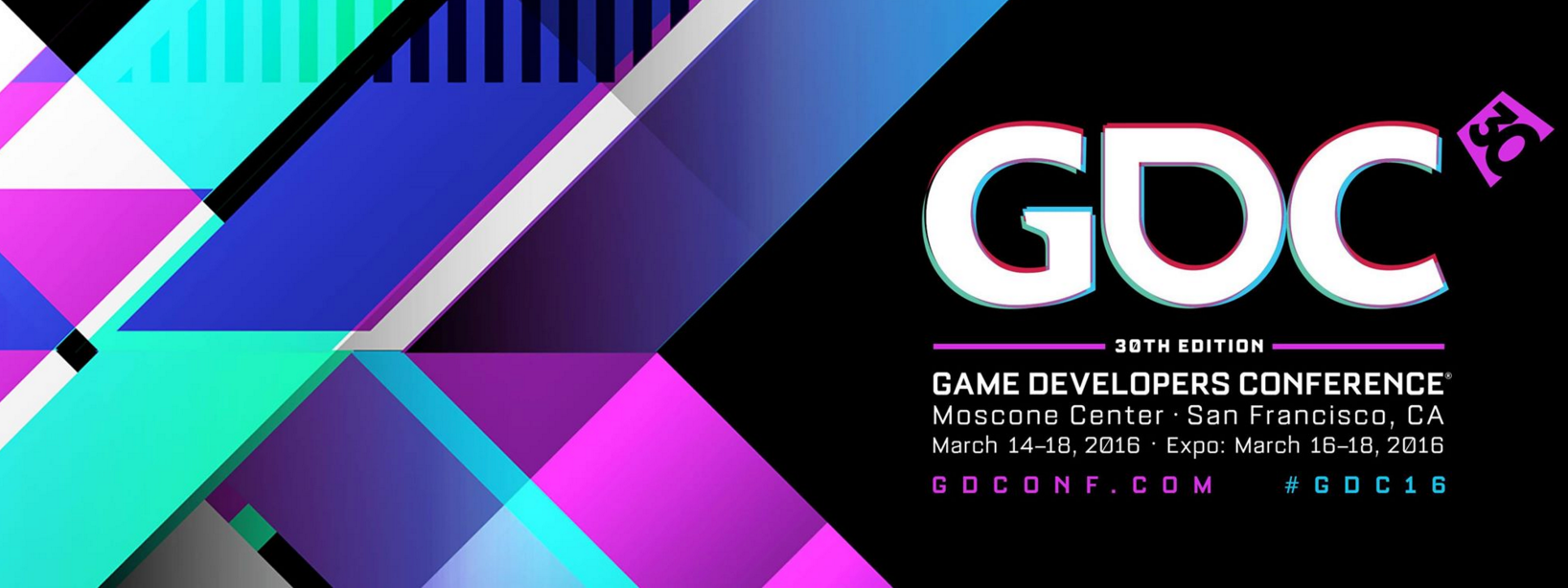 A couple of years ago, the story of my first GDC detailed how frustrated I was by the celebrity culture of the games industry, and the clear stratification of contributions within it on display at GDC. It was the perspective of an outsider, which I hoped would bring in fresh air and start conversation. And it did: reactions ranged from applauding my perceived bravery to dismissing my naivete, but at least people were talking about the power structures we take for granted in the industry. Still, I couldn’t shake the lingering feeling that maybe all of my discomfort was because, in fact, I didn’t really belong in the industry.
A couple of years ago, the story of my first GDC detailed how frustrated I was by the celebrity culture of the games industry, and the clear stratification of contributions within it on display at GDC. It was the perspective of an outsider, which I hoped would bring in fresh air and start conversation. And it did: reactions ranged from applauding my perceived bravery to dismissing my naivete, but at least people were talking about the power structures we take for granted in the industry. Still, I couldn’t shake the lingering feeling that maybe all of my discomfort was because, in fact, I didn’t really belong in the industry.
Last year I was one of a very lucky handful of people to win a scholarship to GDC through the IGDA Foundation. This time, rather than being relatively alone, relying on the official programming for where to go (and who to talk to and about), I had a fantastic mentor to show me the ropes, a schedule of things to do both within and without GDC itself, and most importantly, I had a built-in group of friends with whom to navigate all of this.
While the message was loud and clear that this time around, GDC wanted me there, I never wrote about it because I couldn’t reconcile the shame of loving GDC with my experience the previous year. Surely it must mean I was on the other side of the velvet ropes. I didn’t know how to pull others up as I climbed, how to speak out against a system without spitting in the face of the individuals who had helped me to my modest success. And I hid my cowardice in silence. Maybe the velvet ropes were just as prevalent as they had been the year before, and I wasn’t seeing them because they were now invisible to me. That’s what privilege is.
Still, I was trying to help in my small ways. I gave workshops on building a social media presence leading up to GDC. I encouraged my friends and students to come to meet people even if they couldn’t afford a conference pass. I invited folks to attend Lost Levels with me, encouraged them to speak, to be visible. But in the end, I still left feeling dirty, complicit, like I hadn’t done enough. I was wrestling with my privilege, which at the time still felt like a dirty word—a pejorative that I couldn’t fix and couldn’t shake. And besides, there was a swarm of terrible people on the internet ready to call me out on any hypocracy I might reveal; it wasn’t a safe time to talk about Hard Issues in any productive way.
This year, though, I’m ready to talk about it. This was my third year at GDC, and I think I’ve finally figured out how to go, have a good time, and not drown in my own guilt. This year, I protected and cultivated my happiness and well-being by engaging in the parts of GDC that resonate with me and avoiding the parts that don’t. GDC is a firehose of experiences catered to lots of different kinds of developers, and there is probably an experience of GDC that fits any developer’s interests, and an experience of GDC that doesn’t.
Think of three websites you abhor and would never want to spend time on. Now imagine that those were the first three websites you ever saw and people around you told you that this was what the Internet was. So you conclude that the Internet just isn’t for you. That was my first year at GDC. Then someone came along and showed you three new sites, and maybe now these are sites you like. That was my second year. Then you found Google and could figure out what sites you wanted to go to and which you didn’t. That’s this year.
This is insight that only comes with experiencing GDC in different ways, which is, in itself, a huge privilege. But privilege doesn’t feel like a pejorative anymore; it feels like a way to help others around me.
Turning heads with nude pumps today at #GDC! 👠💄🎮 #femmeGDC #notaboothbabe #stillaprogrammer
A photo posted by Stacey Mason (@stcymsn) on
This year, I spent a lot of time in public spaces introducing friends and students to others. I helped them get into parties and onto guest lists for events that I myself tended to avoid and which I’ve come to realize are mostly just very loud recruiting events. I organized social things. I made myself available outside of GDC to meet People From the Internet. I attended—and did my best to signal boost—the grassroots events around me (Kate Compton’s “AI is For Everyone” was one of my favorite moments of GDC). I also wore heels to support femme-ness in game development and do my small part to break down the you-can-be-femme-or-be-smart dichotomy that still seems to persist in geek culture.
In other words, I did my best. And of course, I wasn’t perfect. But at least this year, we can have the conversation. I can write about GDC frankly and without shame.
And I now know how to help others have the best GDC they can: the trick is to make GDC into the personal experience that you want it to be.

